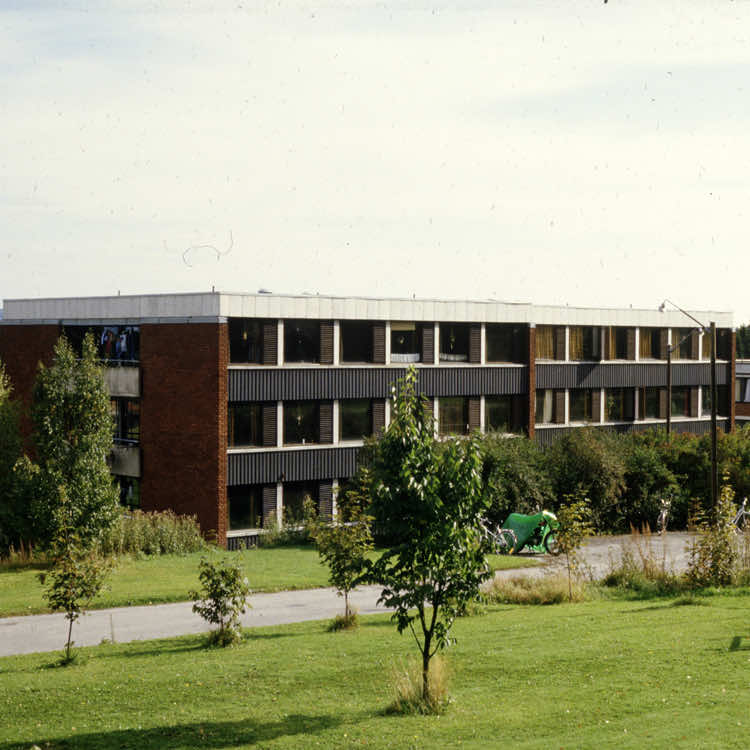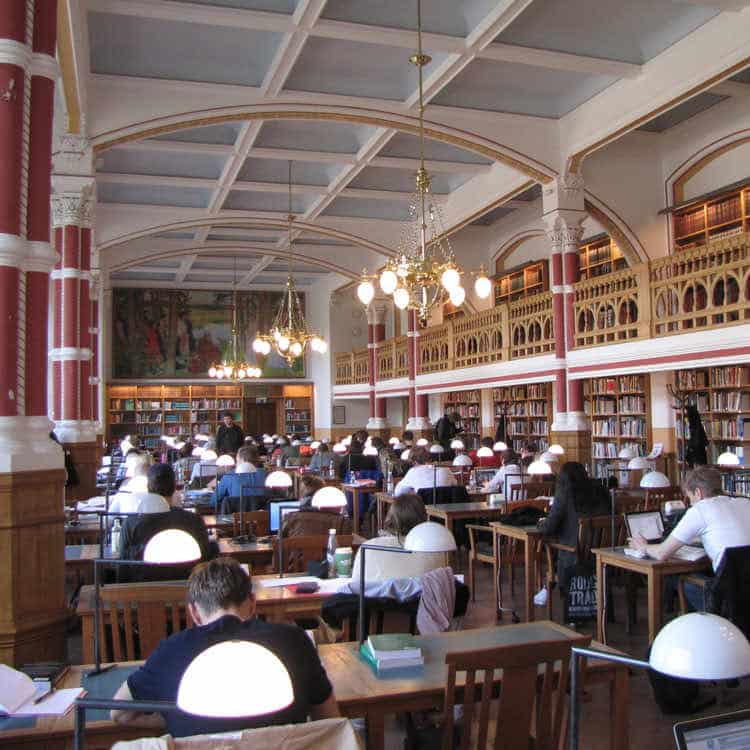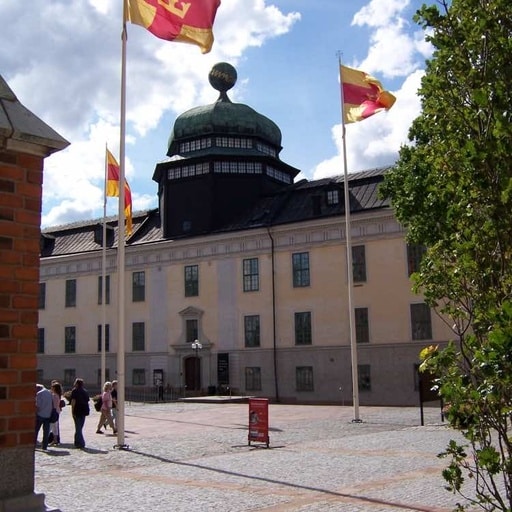Aquaculture




Tuition

Duration

Admissions Deadline

Location
Profile
The study starts with introduction courses in physiology, health care and water quality, before the fundamentals of genetics and breeding, fish nutrition and also practical and theoretical aspects of fish production and technology is covered. The aim of the study is to give the students broad practical and theoretical knowledge in different fields, before they complete their master thesis within a focus area, which can be chosen from fish breeding, fish nutrition, production technology or another area of interest, e.g. water or product quality. The master thesis project is normally taken over one year, and offers great flexibility in terms of project type and location.
Map
Sorry, no records were found. Please adjust your search criteria and try again.
Sorry, unable to load the Maps API.
Admissions Requirements
A bachelor's degree in a related field is required. Applicants from non-anglophone countries must provide proof of English proficiency (TOEFL 92 and IELTS 7.0).Undergraduate GPA is evaluated and typical requires at least a 2.5 average. Admission Deadline: December 1
Related Programs
Program Information
Viken
Viken
1433
Norway
- 2 years
- Full Time
- On Campus Learning
Additional Information
Considerations




